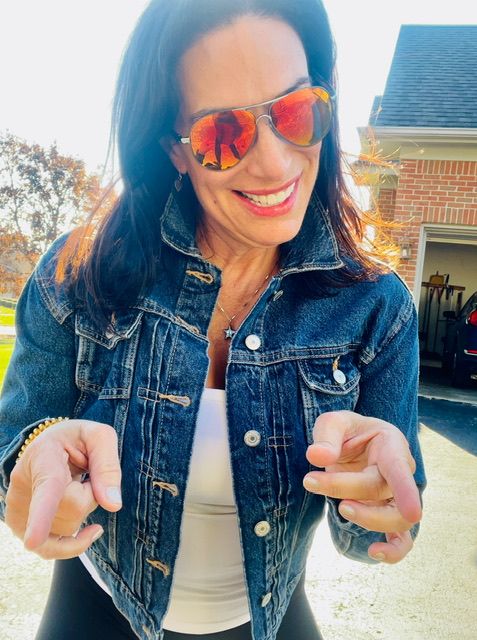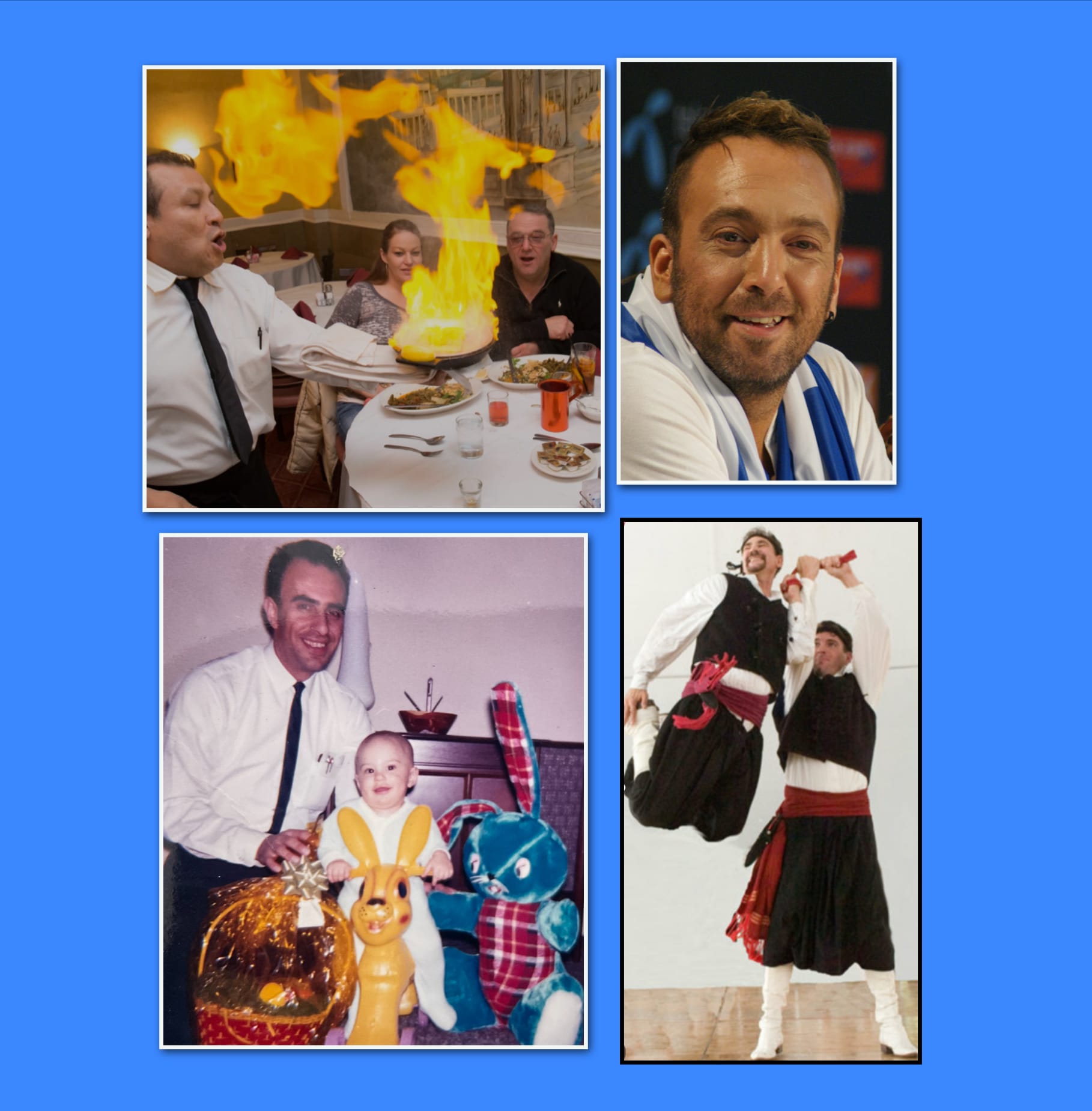When I taught third grade early on, I began the class day with writing. We did that for a few reasons, it gave the kids a chance to come in, get the brain and hand moving, the kids settled down and I had a few minutes to take attendance and go through any notes from parents. Each day, during the writing time, I’d try to meet with one or two kids to ‘check-in’ with them by “going over“ their writing. Sometimes we would talk about the piece they were writing and sometimes it would be a chance for the child to tell me something that was on their mind. We did the same with SSR, sustained silent reading in the afternoon. I had a chance to gather my thoughts for the afternoon, address any problems from recess and I would then listen to one or two kids read to me so I could hear them read, assessing any reading issues, see what they were reading for fun and it game me another chance for some one on one time that might end up with a “Mrs. Burau, such and such happened on the bus and I don’t want to take the bus home, can you call my Mom?” It was in these one on one opportunities or through classroom projects and discussions that I got to know my students. I would listen to their conversations, how they described their weekends, how they commented on the stories I read to them, that I got to know these twenty-six or so little people that I would spend the good part of 9 months with. You got to know about their family, what they did afterschool and who would quiz them on spelling words and math facts. It was not out of being noisy, it was an opportunity to learn how these kids learn, how they react to the world and how they interact with their peers. When you know something about your students, you know how to motivate them and what tricks and analogies you can come up with to help them understand a concept or idea. I learned this through my Supervising Student Teacher at Thurston Elementary School in Ann Arbor while I was in the teaching program at the University of Michigan. Gerard Antekeier took a keen interest in his students. Having raised three kids with his wife, Mary, a nurse at the U of M hospital, I learned that you need to know your students if you best want to motivate them. Mr. Antekeier created a positive environment for his students. He would share his life, tidbits about his kids away at college, his wife’s interest in gardening, indoors and out and some of their weekend plans, going to a U of M sporting event and his students would likewise share. Gerard was a popular teacher in the Ann Arbor public schools and my pre-student supervising teacher had recommended that I request to be assigned to his classroom. The most important piece of advice Mr. Antekeier gave me was, “Mary Yana, you need to be able to know your students well enough to see what lens they are looking through the camera of life with.”
Of course, I filed that away, and when I showed up to teach third grade, I knew what he meant. As I was preparing my classroom before the students came, a lady came to visit me. Unannounced, she came in and introduced herself as the grandmother of an incoming student. She had custody of the child as the father had murdered her daughter and she was now raising her grandson, since the father was in prison. She worked in the auto industry, to provide for her grandson. She didn’t want sympathy, she just wanted to let me know before her grandson did. She explained that when he meets new people, he does that so they knows why his grandmother is raising him, very mater of factly. She told me that he was very obedient and that if I had a problem to let her know. She would be going over his homework and she wanted him pushed so that one day, he would not have to work in an auto factory. She wanted the best for him. Sure enough, a few days later, on the first day of school, “David” came to me, introduced himself and told me that he lived with his grandmother and why. I thanked him for telling me and welcomed him to my classroom. I know that “David” looked at life through a little different lens than the other students who were being raised by younger parents. There was absolutely nothing wrong with the lens he was looking through, it was just different, based on his experiences, his grandmother had been raised in a different time, he had no siblings in his home and he had been through a tragic and traumatic situation. The standards were no different for him, I just needed to understand that his lens was different than other students.

That same year, I had a student who had parents going through a divorce. It was a messy divorce. There were not just the two parents involved who came to check in every week, there were the two sets of Grandparents as well, very involved and loving grandparents (and parents). They were Jewish, celebrated Hanukah and all the other Jewish holidays and he was the only Jewish student in our class. I asked his parents if they minded if I ask “Robert” about their traditions and custom around the holidays as we would be learning how different countries around the world celebrate the Holidays. They were glad I asked and were glad to help out in anyway. Robert was not singled out in a bad way, I just want his parents on board with him being included and part of the discussions. The bar was not any different for Robert, I just needed to aware of the lens he was looking at the world through, a difficult time in his life, with his parents divorce, although all involved in his life, parents living down the street from one another, it had to be traumatic. I needed to be sensitive to that and realize that his lens was not the same as mine or some of the other kids. Maybe by having him be ‘an expert’ on a lesson in our “How the Holidays are celebrated around the world” unit it would give him a personal experience to prepare for” and it would give him some confidence in being a ‘boots on the ground correspondent.”
I think of that concept that Gerard had, when I see the world we all live in. The lens I see the world, is different that someone else. I look at the world through the lens of a sixty-year old grandmother, a parent of three adult children. The lens of a Christian who is not perfect, who makes mistakes everyday, but I try to look at everyday as an opportunity to start over. I try to live my life by The Golden Rule, “Do unto others as you would have them do unto you“ (Luke 6:31 & Matthew &:12). It was just the other day when I thought of this when I had a disagreement with someone who couldn’t understand the lens I was looking at the problem through. Of course, when you have a disagreement you try to explain your point and perspective and I just had a hard time imagining why or why couldn’t they see things from my perspective, MY LENS?” And then I realized that their lens was different. They couldn’t see my perspective because THEIR lens was different. Their life experiences were different. Through absolutely no fault of their own, they just didn’t have the capacity (and I do not mean that disrespectfully at all) to, and I was no longer frustrated.
Sometimes we just need to realize that we are all seeing the same “movie” or situation, just seeing it through different lenses or glasses. Whether the lenses are rose colored or 135mm short telephoto, the story or situation has a different meaning to each of us. That lens can be due to the fact that we have had different upbringings, different life experiences or we are drinking different Kool-aid. If there is a common factor of respect and love for one another, we can live in the same communities in harmony. If there is not, life can be more difficult. Maybe realizing that we see the world through different lenses is a step, a first step, on a journey to more Great Days, or I’d like to think so…







